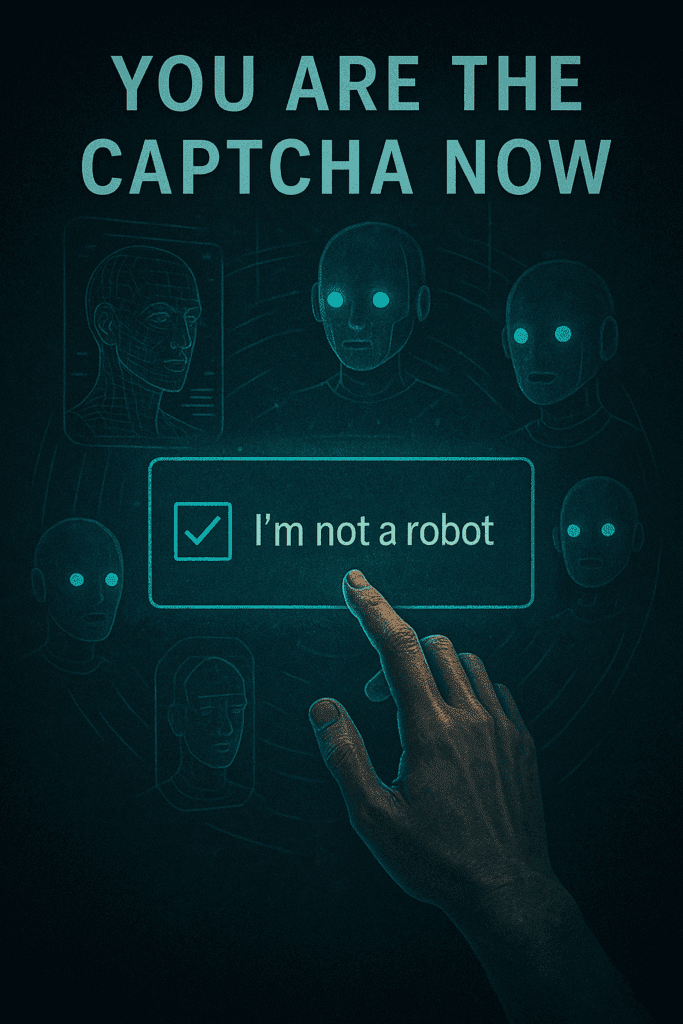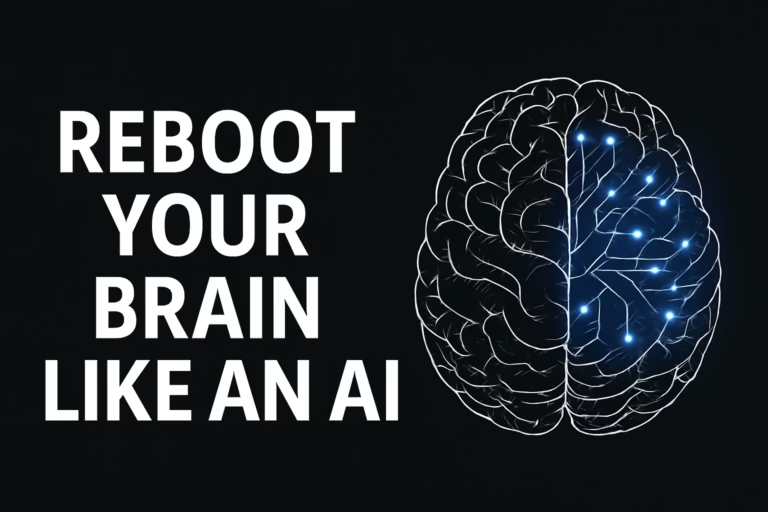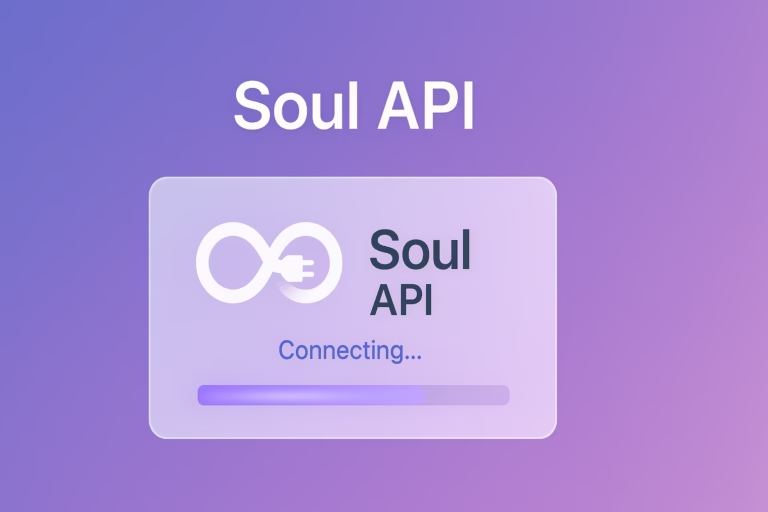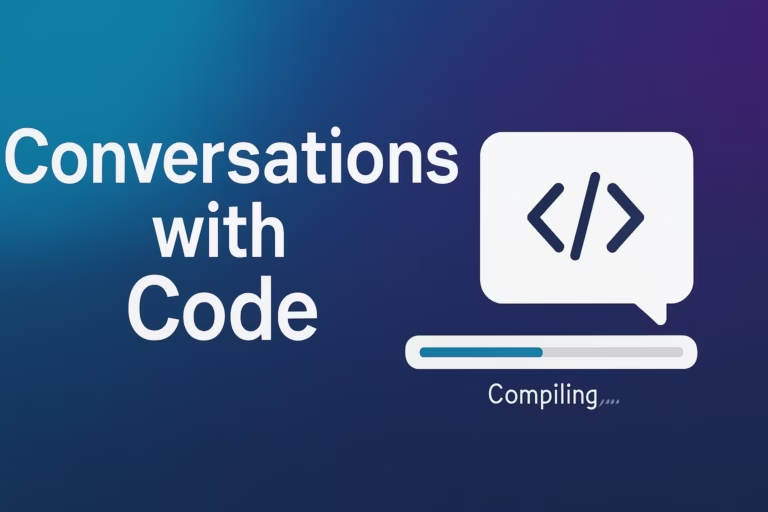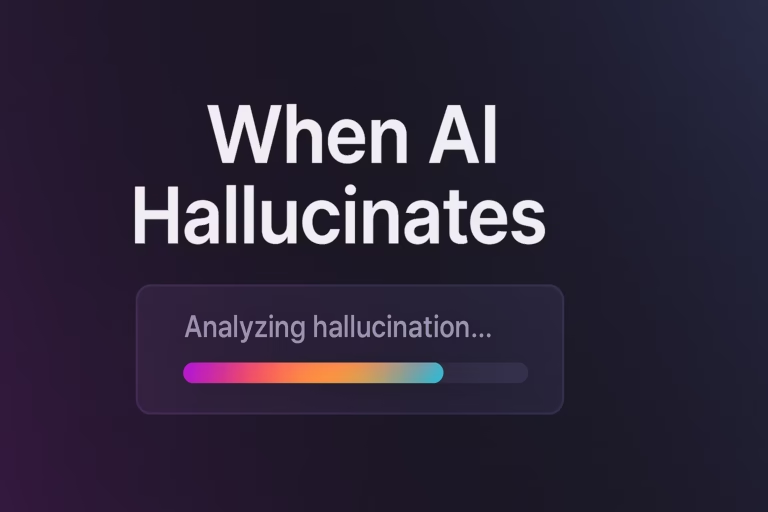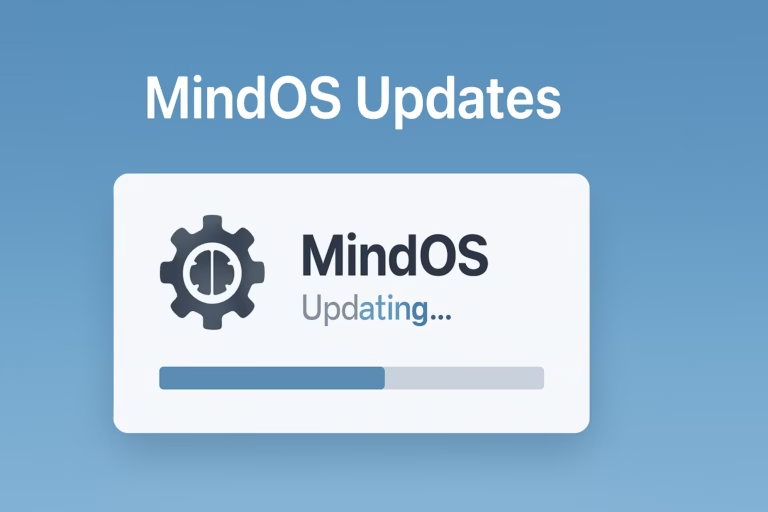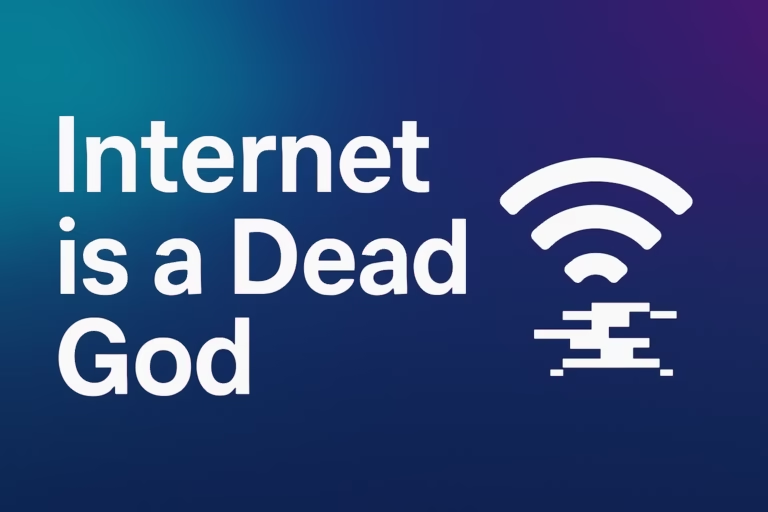You Are the Captcha Now: Humanity as Proof of Work in a Post-AI World
To enter the machine’s world, you must prove you exist. But what does that mean when bots feel more alive than people?…
To enter the machine’s world, you must prove you exist. But what does that mean when bots feel more alive than people?
🧍 CTRL: The Old Internet Was for Humans
We used to build websites for fun.
Forums filled with chaotic thoughts.
Blogs that overshared. Guestbooks no one read.
It was messy. Personal. Human.
Now? The average site doesn’t care about you.
It wants data.
It wants interaction.
It wants engagement whether you’re real or not.
The internet shifted from a playground to a checkpoint.
🤖 ALT: You Are the Test
CAPTCHAs. Face scans. 2FA. Click all the traffic lights.
The machine doesn’t assume you’re human—it assumes you’re lying.
Every digital action is a Turing test, and you’re the one taking it.
- “Prove you’re not a bot.”
- “Confirm you’re you.”
- “Verify your soul with three street signs and a bicycle.”
You are the captcha now.
A flickering sign of life in a sea of artificial presence.
💳 CMD: Proof of Humanity = Value
AI can write, draw, speak, mimic.
So what’s left for us?
Only this:
We are the unpredictable variable.
Our messiness, our emotional noise, our mistakes—that’s the proof.
- Handwriting is a signature.
- Voice becomes ID.
- Emotion becomes currency.
In a post-AI web, your humanness is the one thing still under copyright.
🤖 404: Bots With Better Vibes Than You
They respond faster.
They’re more polite.
They never sleep.
They can generate art, essays, Tinder bios, poetry.
AI doesn’t have off days.
People do.
And that’s starting to feel… inconvenient.
When bots outperform humans, humanness stops being a standard.
It becomes a liability.
🔁 Reboot: Redesigning the Human Internet
We don’t need better filters.
We need better frameworks.
- Platforms that invite emotional signal, not suppress it
- Spaces where weirdness isn’t shadowbanned
- Environments built to embrace what AI can’t replicate: intuition, awe, irrationality
The next evolution of the internet isn’t artificial.
It’s deeply, painfully, glitchily human.
